Family Trips: Guided Tours vs. Independent Travel
What’s the best kind of trip for a family – a pre-planned guided tour, or an independent adventure? There are benefits to both. Here’s how to choose the right one for you.
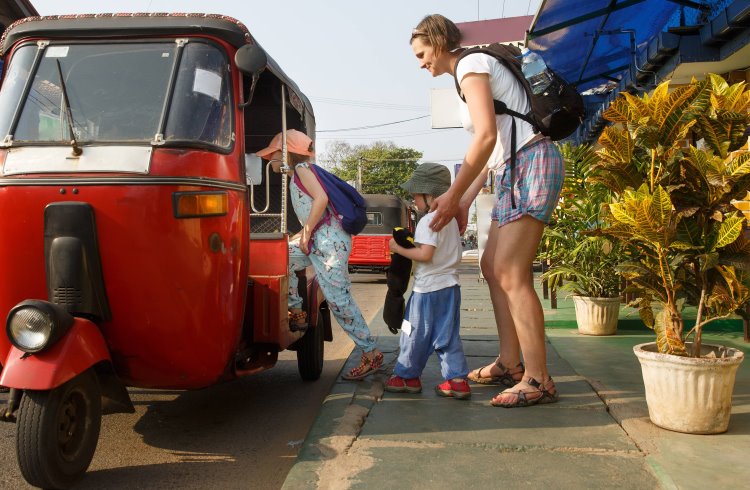 Photo © Getty Images / zikovec
Photo © Getty Images / zikovec
“I want to go hoooooooome,” wailed my four-year-old son from the back seat of the taxi. It was late, gone 9pm in Mauritius, and we’d been traveling for hours in taxis, on planes, transit, and more planes. As we sped north through the warm scented air of Île Maurice, my wife and I shared a glance, silently questioning the sanity of this island adventure.
Pre-kids, we’d kicked back in Bali, wandered the steamy streets of Hong Kong, and spent weeks on local trains through India. Exploring was our “thing”, and we were desperate to get our passports stamped in search of new adventures. Only, this time, we had a third in tow.
And the main question we grappled with in those early years of traveling was whether it was better suited to family life to go it alone or opt for a guided vacation.
- Advantages of a guided trip
- The benefits of independent travel
- The joys of getting lost
- Finding playmates for your child while traveling
Advantages of a guided trip
Start by asking yourself: what is your own appetite for adventure? If it’s your inaugural family trip, or you’re stamping your passport(s) for the very first time, you’ve every right to be a little nervous.
Where will we stay? How will we get there? Will they speak English? The ease of pre-arranged travel makes a compelling argument for booking a packaged holiday.
Perhaps it’s worth trading in a little independence for the sense of security that comes with a guided vacation. You’re on holiday, after all. Why make it stressful?
Also, if you’re not the type to seek out that local market down a quiet alley or introduce yourself to the Italian Nonna rolling pasta in the kitchen, then the chutzpah of a local guide may help take you to places you’d not normally find yourself. And that’s half the point of travel, isn’t it?
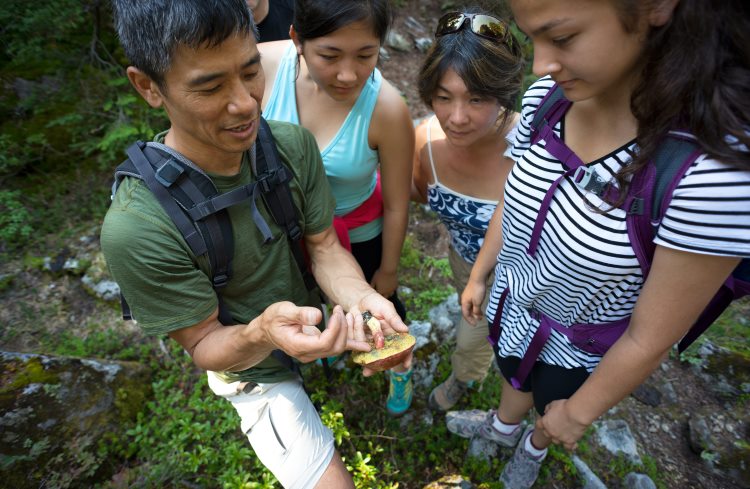
The benefits of independent travel
But there are downsides to traveling in an organized group. And often that is the group itself.
Whether it’s politics, family values, or good-old obnoxious behavior, subtle differences can be amplified in the confines of a touring coach. Groups also tend to disrupt the flow of local life, leading to experiences that offer a veil of authenticity, but with little substance.
Wander through a European market in a group of 50, the guide waving a plastic flower above your heads, and you’re orbiting ever further away from the real deal. Sure, you’re seeing the market, but are you getting your tongue twisted around the local language while haggling with the vendors? I doubt it.
One solution is to look carefully – in the brochure, on TripAdvisor, and across social media – at how much free time is offered for solo exploring. Some tours are geared for maximum sightseeing, others for plenty of free time. Ask your agent or the operator for advice. Also, seek out tours that only operate in small groups, such as Intrepid.
The joys of getting lost
For my family, part of the joy of travel is getting woefully, wonderfully lost. If we hadn’t wandered off the beaten track, we’d never have discovered the incredible street art in the French city of Angoulême, nor the charms of a truly local pub in Galway, Ireland.
For kids, getting lost – and finding your way back – also teaches resilience, problem-solving, and the value of a friendly face. One night in France, our Réseau Express Régional (RER) from Versailles was canceled last minute. As the locals poured off the train in annoyance, my son’s eyes widened with worry: how we would ever find our way back to our Montmartre apartment?
“Don’t worry,” I told him. “We’ll just find someone to help us.”
And we did, in the shape of Lidi, a teenager heading back to boarding school in Paris. With her halting English and my non-existent French, we found our way to a different station and, eventually, home again. Resourcefulness in a time of crisis? Now that’s a life skill worth having.
But there is, I’ll admit, one element that’s often missing when my triangle family goes traveling: the voluble charm of other kids with which to share the experience.
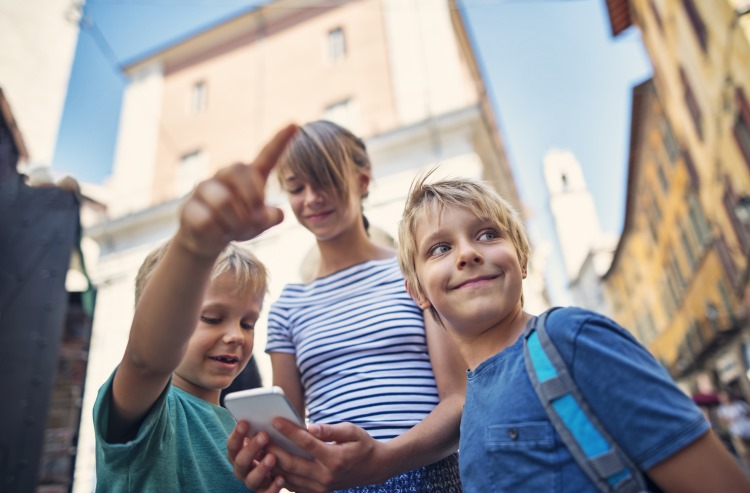
Finding playmates for your child while traveling
As an only child, my son tires quickly of watching his parents sip on rioja in a Barcelona café. A newfound friend would change that, and that’s where organized family tours come into their own, delivering a ready-made crew of other kids.
But sometimes, if you’re lucky, a crew of new playmates comes with local flavor.
Like the children we met in a small village high in the Spanish Pyrenees, intrigued by this young visitor from south of the equator. In the end, they invited our son on their after-school outing to the local sweet shop, a clattering of Spanish and confectionery orders echoing out across the village square. Fleeting friendships were cemented over sugary treats, and lifelong memories were laid down.
So, is it better to go it alone for the adventure, or opt for the convenience of a guided vacation? I can’t answer that for you, I’m afraid. To each their own and let nobody tell you otherwise. I’ll happily tell you what works for my traveling gang of three, but wouldn’t dare claim it to be the only, or best, way to hit the road.
What counts, however; is that you do hit the road. Whether it’s across your own country, or around the globe, plan for that next adventure. Start saving. Buy a guide book. Stick pins in a map. Book that trip.
As Mark Twain wrote in The Innocents Abroad, “Travel is fatal to prejudice, bigotry, and narrow-mindedness.”
If you can think of a better gift to give your children, I’d be glad to hear it.
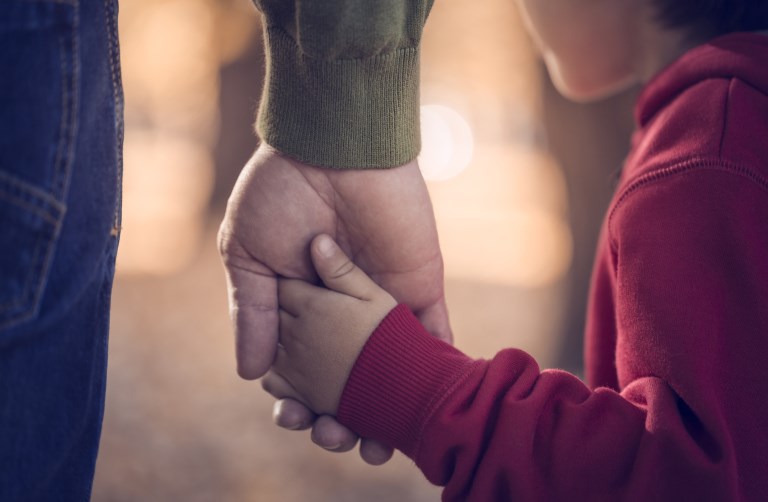
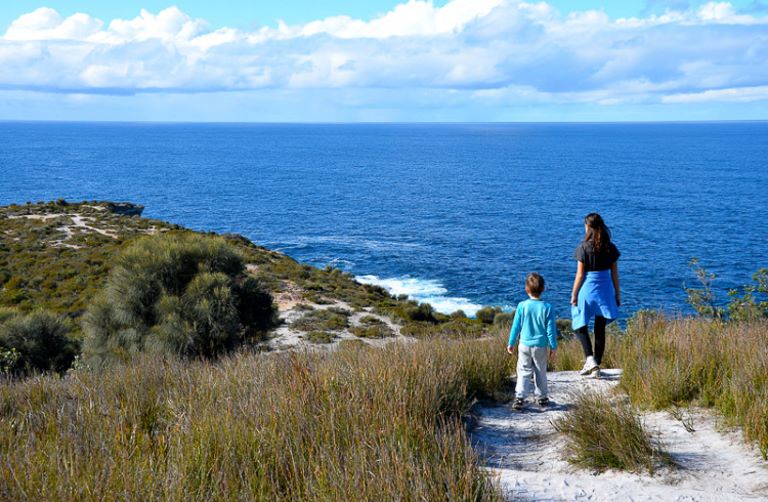
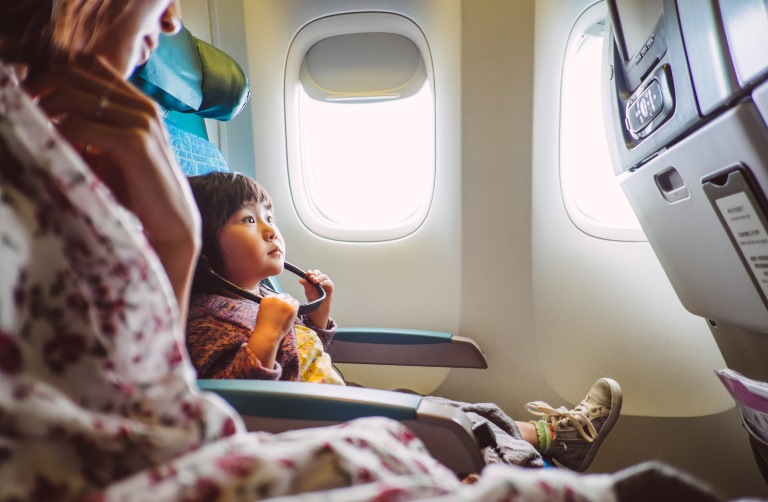
No Comments